Artworks depicting tui in Unitec’s pā harakeke painted by artist and Maia Māori Centre lecturer Hohepa Renata, grace the walls of the newly-opened Ngā Wai a Te Tūī Māori Research Centre.
The name was gifted to Research Centre head Jenny Lee-Morgan and her team by Kaumatua Wairangi Dr Haare Williams, Unitec’s former Pae Arahi, and the first Māori Advisor to the Chief Executive. It symbolises the centre’s connection with the surrounding land, including the Puna (stream), that runs through the Mt Albert campus as well as the wider West Auckland community.
Professor Jenny Lee-Morgan (Waikato-Tainui) brings a wealth of experience and mana to her role after prestigious stints in the community, tertiary and business sectors, but says that her involvement in the new Māori research centre is one of the proudest moments of her professional career.
Understanding that research has been a powerful tool of colonisation in the past, it is critical to progress Kaupapa Māori research today. “It helps re-frame how we’re talked about and referenced”, says Jenny. “It’s important that Māori are able to assert the Māori perspective and understand the true value of it”.
Through the centre’s research projects, Jenny says they’re working to reclaim Mātauranga Māori — goals, aspirations and issues from an indigenous perspective — and using Māori concepts, knowledge, theories and practice to think about and solve contemporary issues in society. She’s not interested in research for research’s sake. It must address people’s needs, improve conditions, and enhance lives, she says.
“Our success as a Kaupapa Māori research centre will be measured in the way whānau, hapū, iwi and communities value the research we do,” says Jenny. “It’s useful at a basic level – it helps give a voice to Māori. But it also goes much wider than that through the presentation of world views and experiences, a commitment to finding innovative solutions, or finding a way to voice protest to specific ideas or ways to intervene in complex issues.”
Jenny is immensely proud of her launch team which includes prominent researchers Irene Kereama-Royal, Rau Hoskins, Rihi Te Nana, and Dr Tia Reihana. Each Kaupapa Māori researcher brings a high level of knowledge in respective areas of expertise, and engage in projects that seek to contribute to Māori whanau, hapu, iwi and community development and transformation.
The research team looks set to grow as they collaborate with others on more projects. Jenny says the key strengths of an effective researcher are agility, responsiveness, engagement and an awareness of how research is part of teaching and learning. The concept of rangahau (research) is how it can help weave together a range of different perspectives to select the pathway best suited.
“It’s important to have Māori researchers involved because of their cultural connectedness and a belief that we can find answers to our problems.” Jenny recently spoke to Waatea Radio about her vision for the Kaupapa Māori research centre.
Lee-Morgan, Hoskins and team are well-known for their the Te Manaaki o te Mārae project, funded by the Building Better Homes, Towns and Cities National Science Challenge. The project is based at Te Puea Memorial Marae in Mangere, a marae that has dealt with the problem of homelessness directly in recent years by opening its doors, providing nurturing care, and helping people into work and homes of their own.
See the winter 2018 issue of Unitec’s Advance research magazine for more on this project, and on Unitec’s work in the Kaupapa Māori research space.
We will have updates for you soon about the republication of the Te Manaaki o te Mārae report on Unitec’s ePress platform, and new publications coming out of Ngā Wai a Te Tūī.
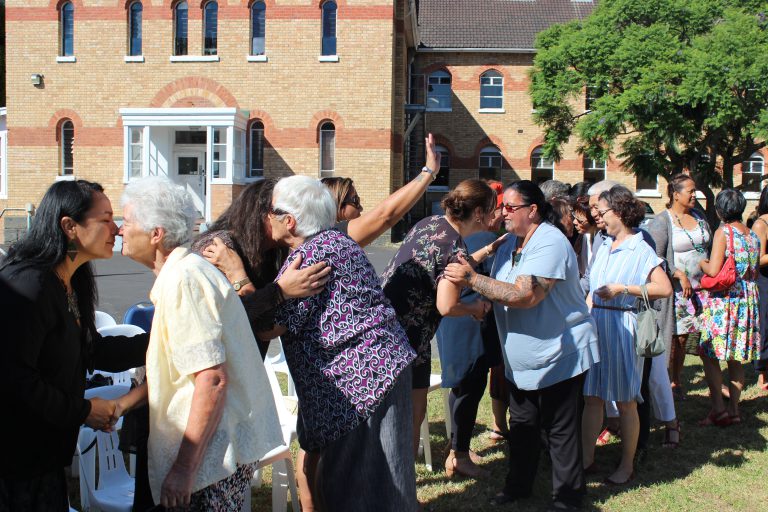
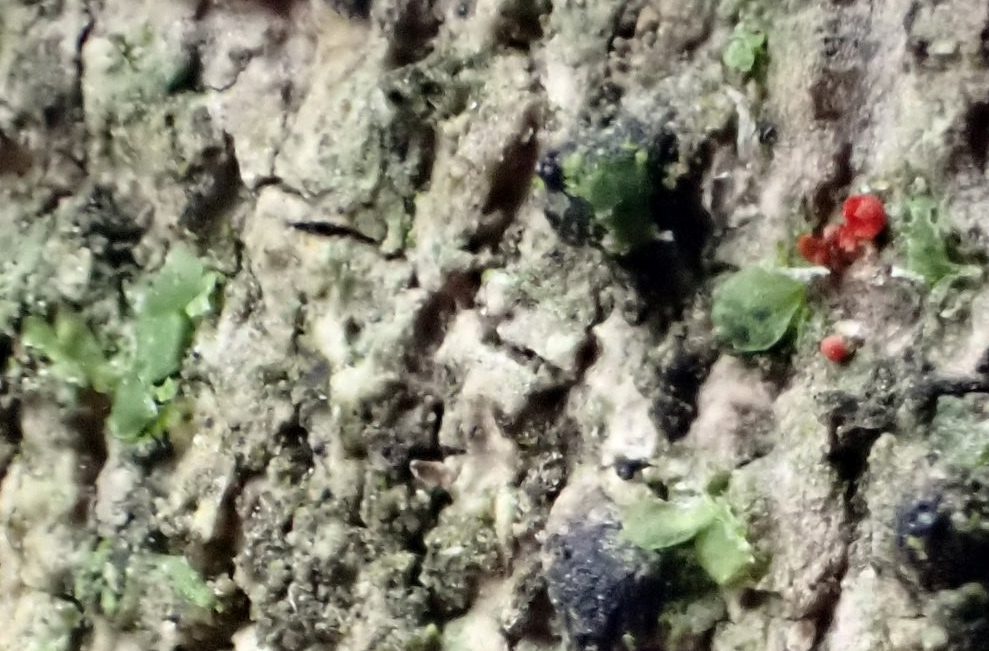
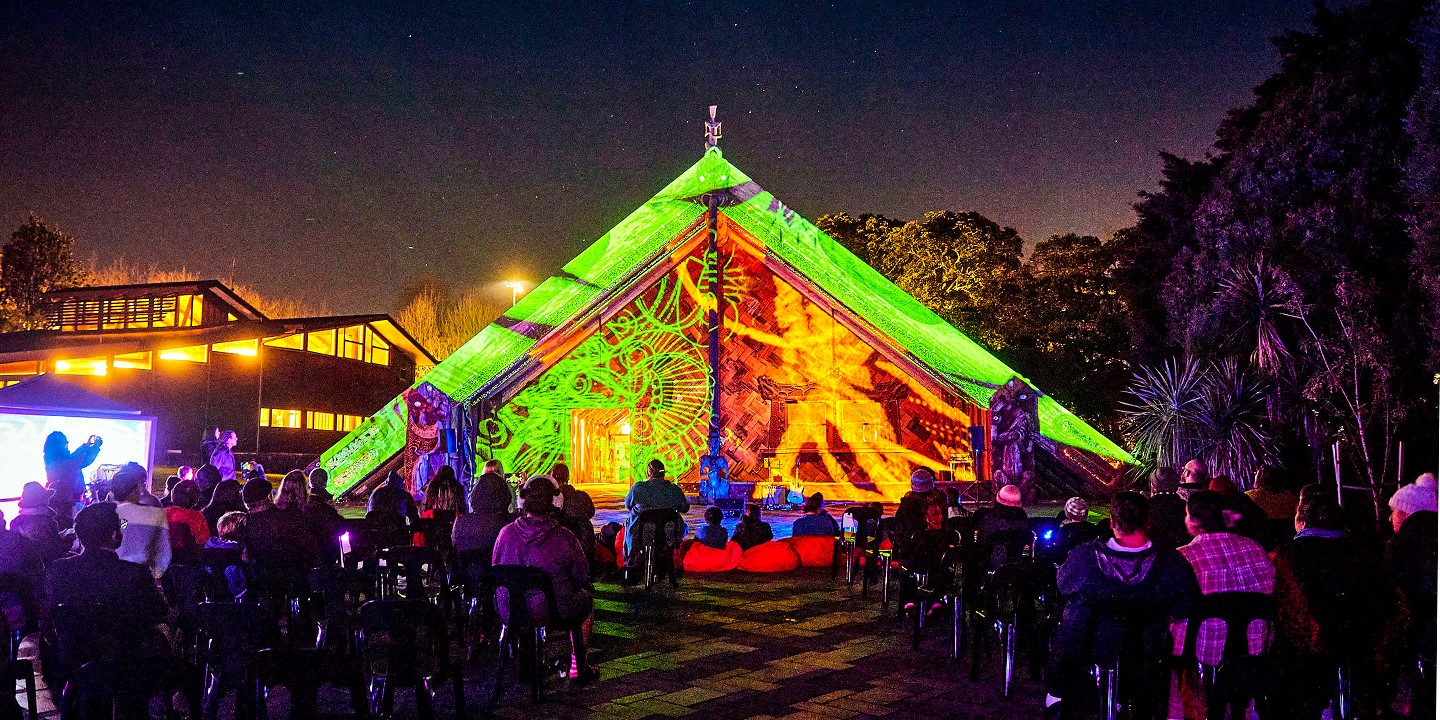
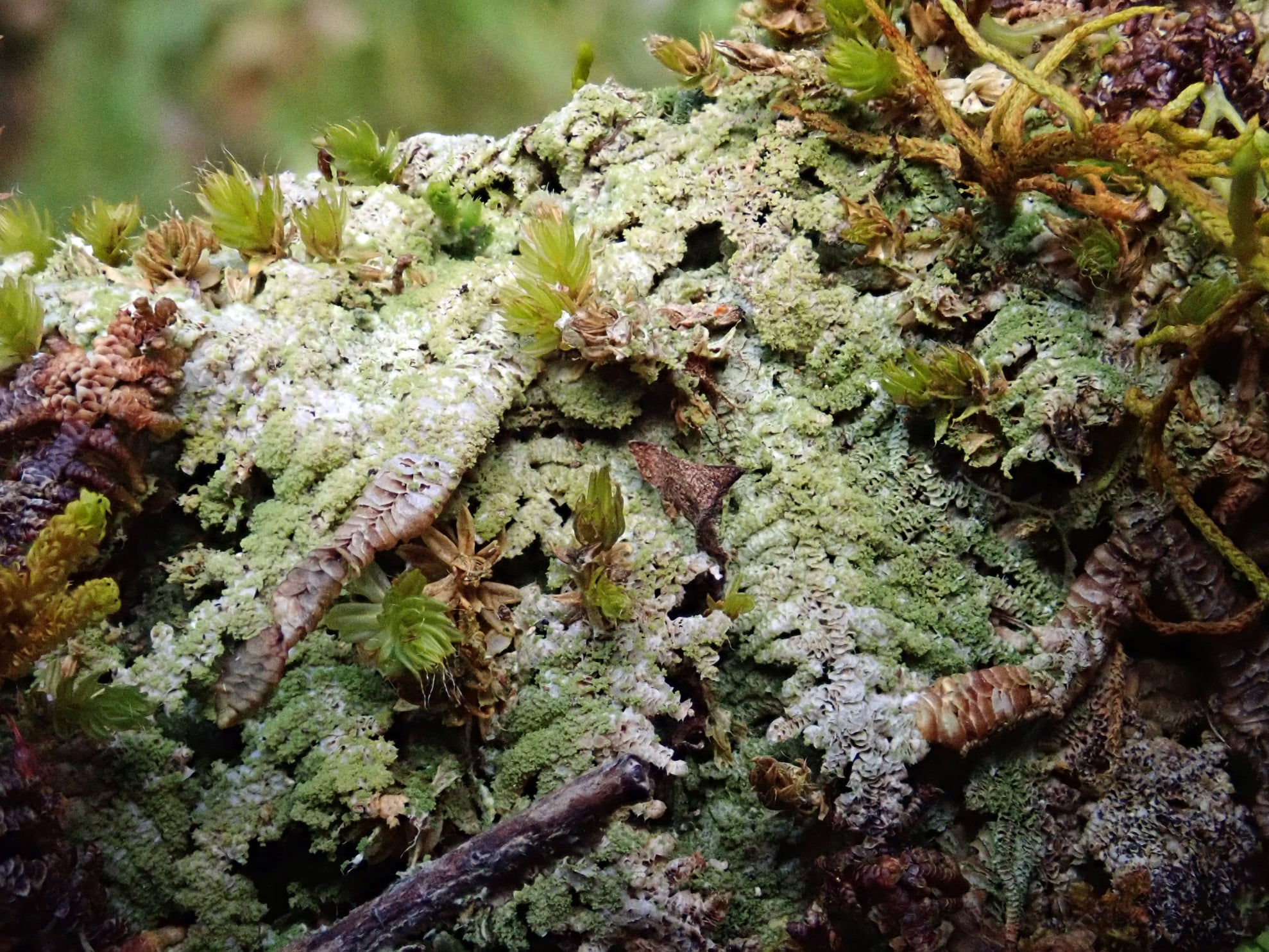
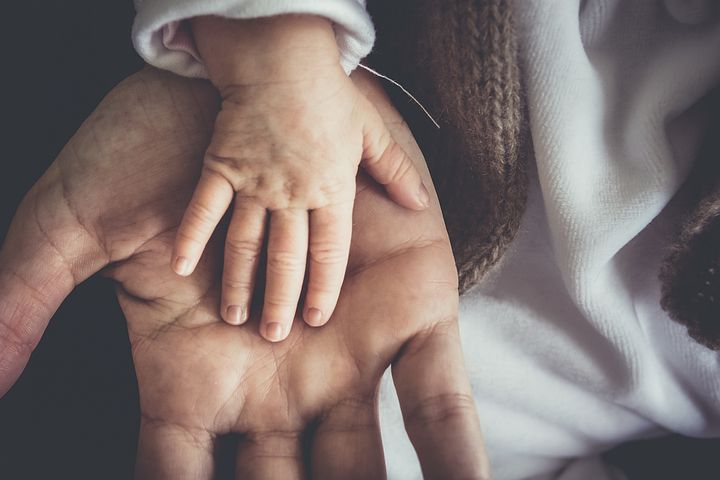
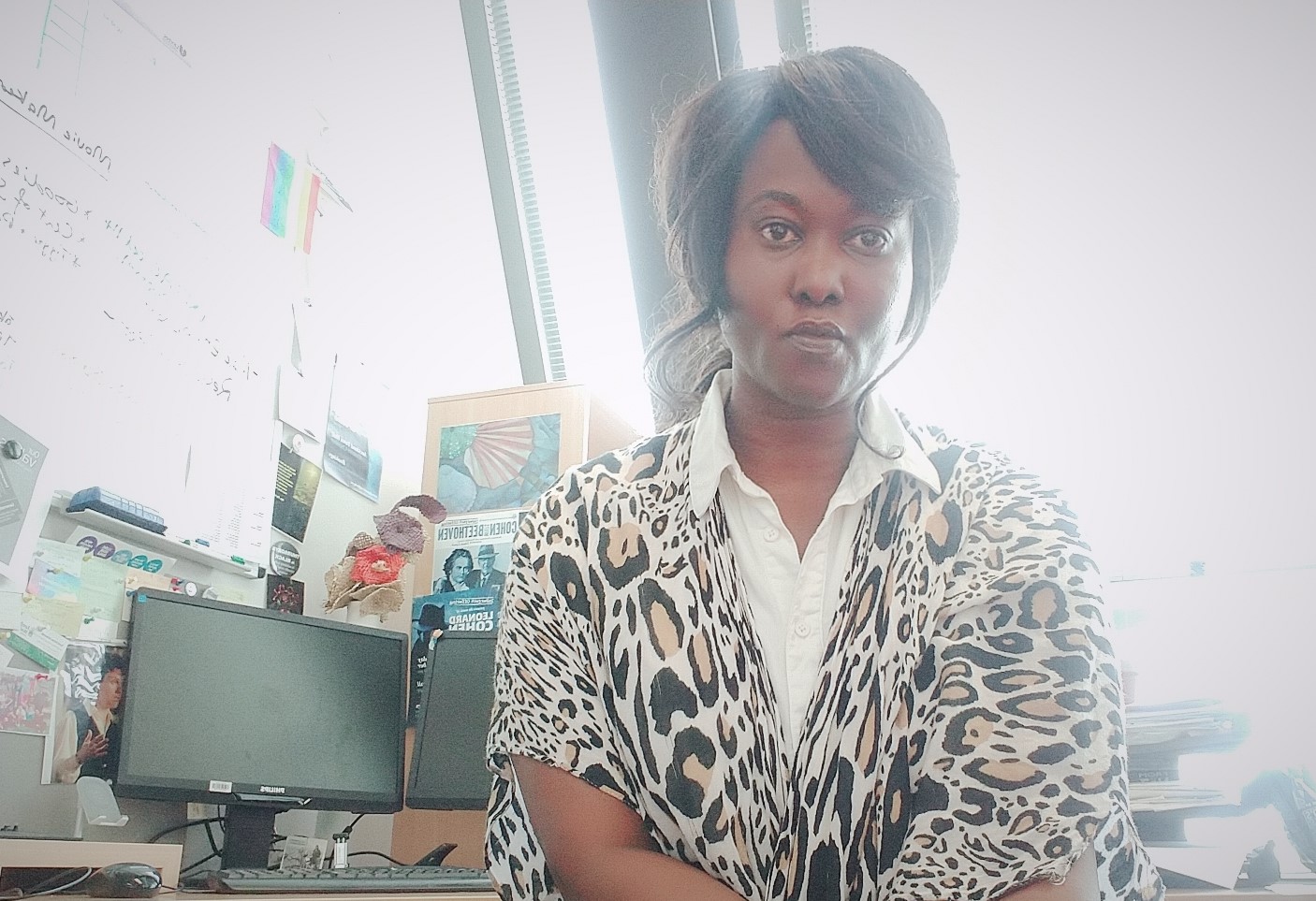
April 16, 2019 at 2:05 pm
Kia Ora E-Press – thanks for this great coverage of our opening day – a true milestone for Unitec and for Māori Research!